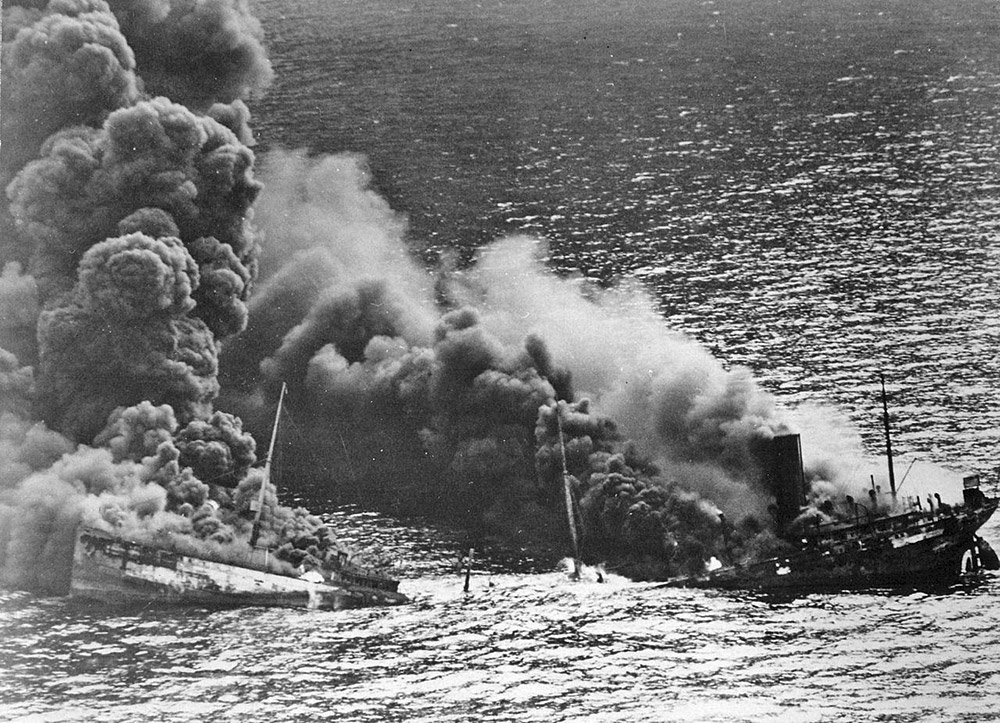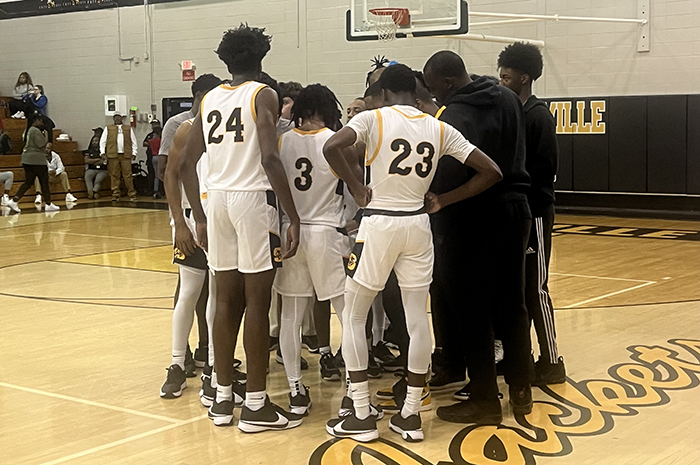Last weekend I was visiting my friends, Bruce and Faye Bennett, in Pine Apple, Alabama. Bruce and I were talking about how there is so much of our history people do not know. The topic of how German U-boats operated in the Gulf of Mexico during World War II came up. Though both of us were familiar with that little known piece of history, we had become interested in it from two different directions.
My interest was stirred by stories I recalled being told years ago about Germans coming ashore on the Alabama coast during World War II and purchasing beer from a secluded waterfront bait shop. Bruce’s interest was stirred by Andy Andrews’ historical fiction novel about U-boats in the Gulf, The Heart Mender. I was not familiar with the book and am now reading it and thoroughly enjoying it. And it reminds me of some of the stories I had heard.
The Heart Mender got me re-reading William Lee’s well-researched publication, A Heavy Harvest, which is an excellent account of U-boat operations in the Gulf. It also brought to mind that the first assignment during World War II of the present 43rd Flying Training Squadron at Columbus Air Force Base was conducting anti-submarine patrols from MacDill Field Florida. Flying B-17s, the squadron maintained patrols along the Atlantic and Gulf Coast and in the Caribbean.
The story of German U-boats in the Gulf did not attract much attention until 2001 when during a seafloor survey for an oil pipeline, a sunken German U-Boat was discovered 45 miles off the Mississippi River passes. A U.S. Navy ship had claimed to have sunk the sub at about that location in 1942 but was not given credit for sinking it until almost 60 years later when the survey crew found it. Andrews wove the story in his 2005 book around that boat whose number was U-166.
When we think of the death and destruction of World War II we usually think of the fighting in Europe, Africa or the Pacific. The thought of German U-boats recalls the battle for the Atlantic and along the U.S. east coast. We do not think of ships such as the Benjamin Brewster. She was an American Tanker loaded with several hundred thousand gallons of aviation fuel. On the evening of July 9, 1942, she was torpedoed and sunk by U-67 with the loss of 27 officers and men. That attack occurred a little over two miles off the Louisiana coast near Grand Isle.
It was in May 1942 that Hitler authorized “Operation Drumbeat” which resulted in 23 U-boats being assigned to venture into the Gulf of Mexico. There they attacked American and allied shipping sometimes even within sight of the coast from Texas to Florida. The primary target were tankers carrying oil and fuel but any shipping including passenger vessels were subject to attack. One sailing vessel was even sunk. In 1942 and 1943, 76 ships were attacked by U-Boats in the Gulf and the Florida Straits, with 53 of them reported as sunk.
Wanting to avoid panic along the Gulf coast over the German U-boat operations in 1942, the U.S. government censored news coverage of the large number of ships being sunk there and did not require nighttime blackouts. While that lack of information may have quieted some fears inland, the policy of not requiring blackouts actually caused a major problem for shipping along the coast. People along the coast did not need news media to tell them what was happening in the Gulf as wreckage and bodies were washing up on beaches and because of no blackouts several ships were sunk by U-boats when their silhouettes stood out against lights along the coast.
My father had been shot down over Frankfurt, Germany, during World War II and became a POW. He often commented on the decent treatment of American POWs by many of the German Luftwaffe (air force) guards. He said they were just doing their duty and mostly treated prisoners fairly. And then there were the SS officers and guards who my father described as animals who enjoyed inflicting pain and suffering with human life being of no value to them. So, it was with the U-boat captains in the Gulf. Some would still fire at a ship while the crew was attempting to abandon it in rafts and lifeboats. Others were professional Naval officers who did their duty but had no use for senseless killing.
One such professional naval officer was Harro Schacht, who commanded U-507. On May 6, 1942, he attacked the American freighter Alcoa Puritan which was headed to Mobile. U-507 fired a torpedo but missed. The sub then surfaced and opened fire with its 105 mm deck gun disabling the freighter. The Alcoa Puritan’s captain ordered the ship to be abandoned. The crew successfully abandoned the ship in a lifeboat and rafts without serious injuries. The U-507 then fired a torpedo, sinking the ship. Schacht maneuvered the German sub over to the ship’s lifeboat, where he gave the men in the lifeboat bread and water. After wishing them well, the U-507 left the debris-covered scene of the Alcoa Puritan’s sinking.
Thinking about this article and about Andrews’ story, I decided to call Mel McFatter, a friend who lives in Orange Beach, and ask him if he had ever heard any stories there about the U-boats in the Gulf during World War II. He had heard a story from some older residents. It was a story about fraternization between German U-boat sailors who would come ashore at night and developed relationships with some local women.
Interestingly, part of the plot in Andy Andrews book, The Heart Mender, is about a healing relationship that develops between a local lady and a U-boat officer. It is a good read.
Rufus Ward is a Columbus native a local historian. E-mail your questions about local history to Rufus at [email protected].
You can help your community
Quality, in-depth journalism is essential to a healthy community. The Dispatch brings you the most complete reporting and insightful commentary in the Golden Triangle, but we need your help to continue our efforts. In the past week, our reporters have posted 46 articles to cdispatch.com. Please consider subscribing to our website for only $2.30 per week to help support local journalism and our community.




